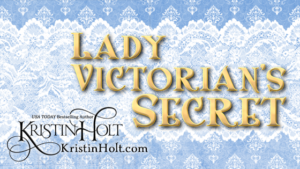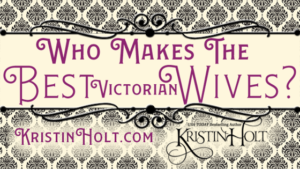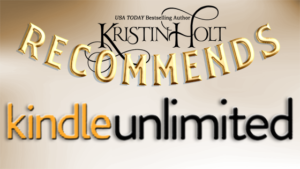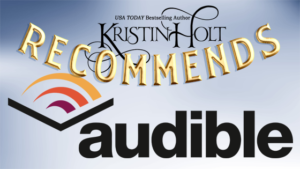
by Kristin Holt | Jul 14, 2018 | Articles
Authors’ ideas come from the strangest places. Here, I’ll share one rhetorical question and one brief bit of poetry, both published in USA Victorian-era newspapers (within 6 years of my title’s setting), that contributed to the writing of Isabella’s Calico Groom.
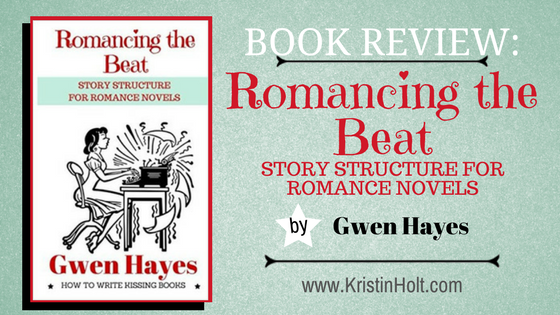
by Kristin Holt | Jul 19, 2017 | Articles
I found a book for writers, instructing how to plot a romance so all the essential elements are present, and the book was SO valuable, helped so much, I can’t keep this excellent find to myself. Come see my 5-star review for Gwen Hayes’s Romancing the Beat: Story Structure for Romance Novels.
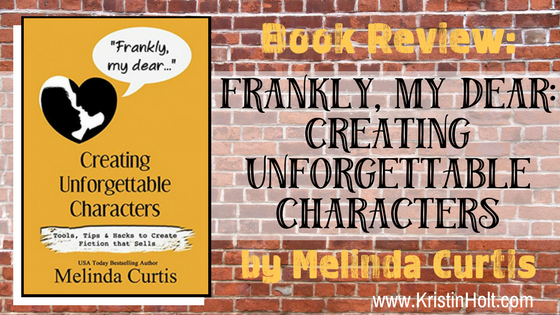
by Kristin Holt | Mar 21, 2017 | Articles
My book review of Melinda Curtis’s new title for writers, Frankly My Dear: Creating Unforgettable Characters. This “craft” book on the art of fiction is a unique approach (as far as I’m aware), steeped in current psychology, to instruct, inform, and enable novelists to create believable, unforgettable, and consistent characters whose reactions to conflict ring true to readers. 5 stars!
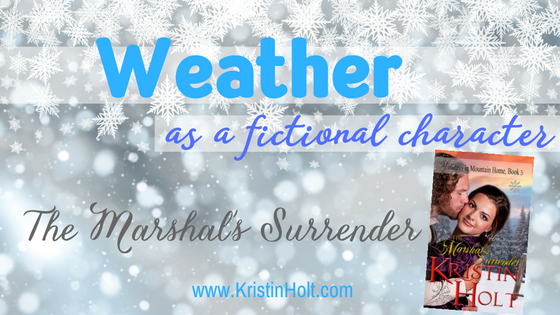
by Kristin Holt | Dec 13, 2016 | Articles
Weather can be a character in a book, just like a person or an animal. In the case of The Marshal’s Surrender, Winter is a setting and a villainous character, hiding clues, endangering lives, impacting nearly every scene as a sense of place and timing. Have you ever thought of weather in the role of character?
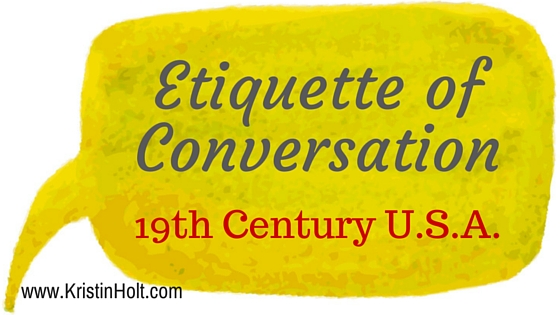
by Kristin Holt | Jul 7, 2015 | Articles
19th Century young ladies (and gentlemen) learned a great deal about etiquette from their mothers, finishing schools, and from the societal expectations around them. The true art of conversation was a significant skill taught and expected within society, whether Philadelphia’s Old Money or the rural frontier. After all, conversation was a key element of an evening’s entertainment, courtship, and the Victorian Era’s social expectations.







